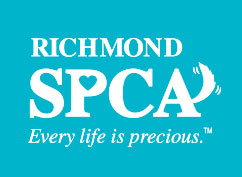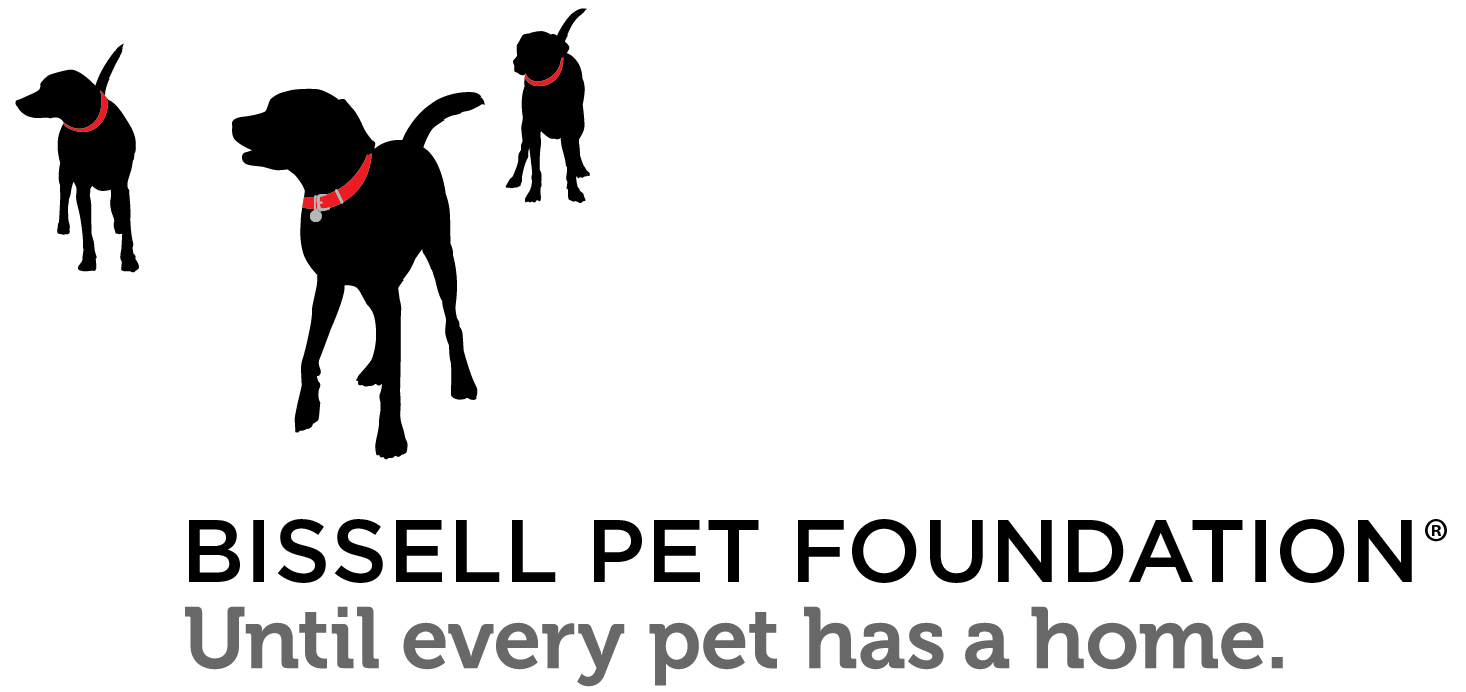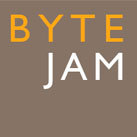The importance of microchipping your pet
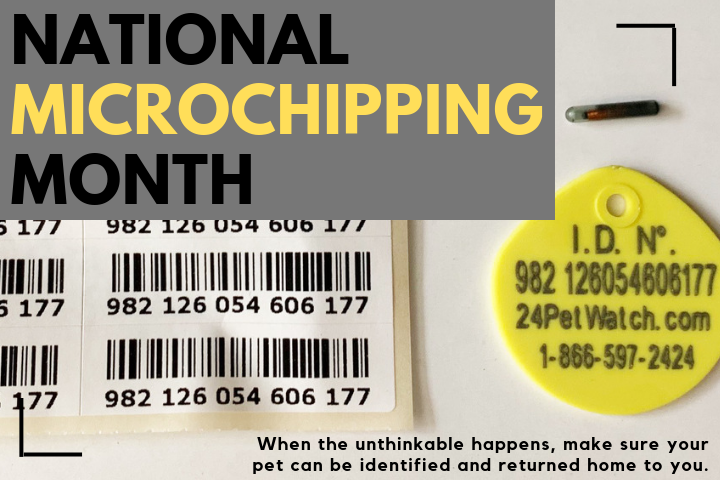
For anyone who has ever lost or found a pet, you will most likely hear about “microchips.” The misconception lingers that a microchip acts as a GPS tracker. Unfortunately, for guardians who’ve lost pets, realizing that their pet’s microchip will not reveal his or her current location is a very unpleasant surprise. While it won’t give you your pet’s location, a microchip is an incredibly useful tool to reunite lost pets.
What is a microchip?
A microchip is a permanent method of electronic identification. The chip itself is about the size of a grain of rice and is implanted under the skin between the shoulder blades. This quick procedure can be performed by a veterinarian during a routine wellness visit. The microchip itself is activated by a scanner that is passed over the area, and the radiowaves emitted by the scanner activate the chip. Each chip has a serial number that is detected using a handheld scanner. When scanned over the chip, the scanner reveals the chip number, after which a call needs to be placed to the microchip company to access the owner contact information in their database.
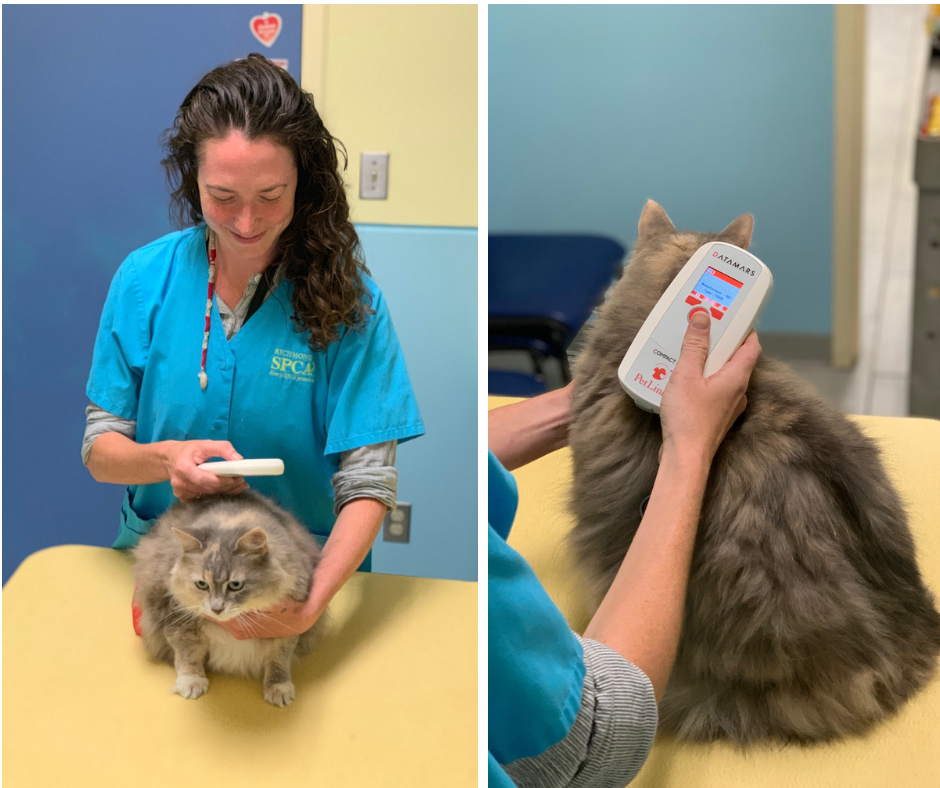
Manager of Admissions Laura Palin scans George for her microchip during an exam. Upon their intake, each pet in the Richmond SPCA’s care is microchipped and registered with 24PetWatch.
Making the most of your microchip
Microchips are invaluable tools in reuniting pets and their guardians. The microchip is a permanent form of identification and can be particularly helpful for an animal that has slipped out of any collar/tag that might have otherwise identified them. Animal control agencies, animal rescue organizations and veterinary offices will have microchip scanners. If a lost pet is located and taken a shelter or clinic, they can be scanned by an employee who can contact the microchip company for the owner’s information.
It is paramount that the owner’s contact information and address are kept up-to-date with the microchip company. There have been many instances where a pet has been scanned for a chip and the information associated with the chip is not current and the owner cannot be contacted and located.
Pets adopted from the Richmond SPCA are microchipped and registered with 24PetWatch. Though the microchip is a helpful identification tool, it is important to make sure your pet always has a collar on with a current ID tags and a rabies tag. Paired together, these two methods of identification give a pet the best chance of being reunited with their beloved guardian.

Teresa McCartney is the assistant manager of adoptions at the Richmond SPCA.
She first joined the Richmond SPCA as an adoptions counselor in 2016. She is very active in the Trap-Neuter-Vaccinate-Return community and cares for multiple feral cat colonies.
Teresa and her husband share their home with three cats, Fergie, Stevie and Lady, as well as a constant rotation of foster cats and kittens.
